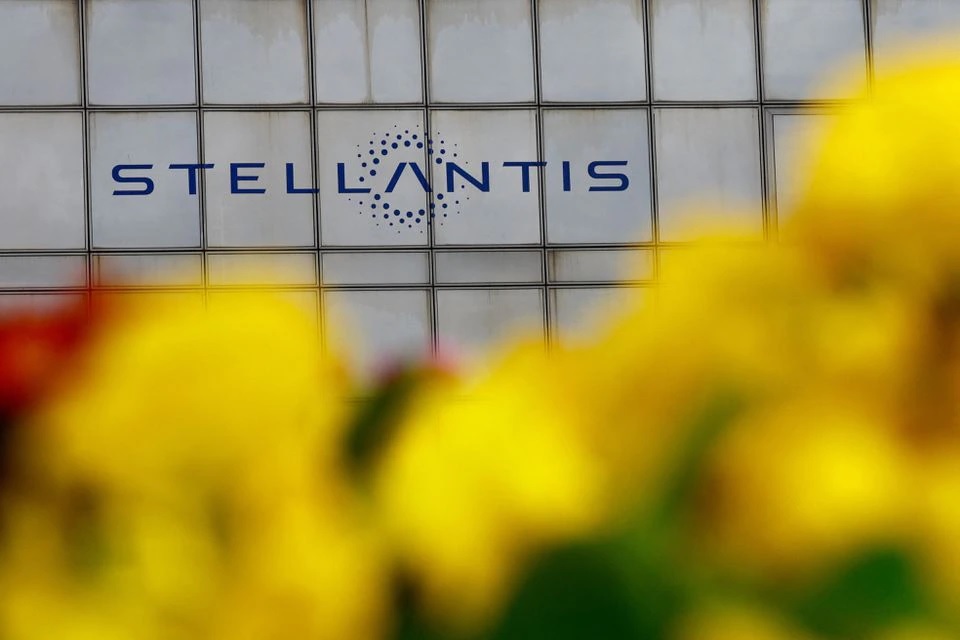June 28 (Reuters) – Carmaker Stellantis will require union employees to work mandatory overtime at its Warren Truck assembly and Jefferson North factory in Michigan, to boost Jeep SUV production ahead of a potential strike deadline in September, according to a document shared with Reuters.
Stellantis told workers at both facilites the plants will be in “critical status” from July 5 through October 2. Under the current United Auto Workers (UAW) contract, a plant in critical status can run up to 7 days a week for a period of 90 days and require union employees to work more than 9 hours of overtime, according to a notice sent to employees and reviewed by Reuters.
“The company executives are doing this to build up inventory ahead of a potential strike. They are trying to intimidate us because we will not accept another sellout contract from the United Auto Workers,” the rank-and-file committee, an independent group of mostly union workers for the Warren Truck facility, said in a blog post.
Stellantis did not immediately respond to a request for comment. In the notice sent to the UAW, the company said the critical status designation of the Warren plant was due to a shortfall in production of its Jeep Wagoneer and Grand Wagoneer models that are 17,871 units behind schedule year-to-date.
UAW members said the production gap was due to the company laying off a shift of workers at the plant last summer.
UAW President Shawn Fain and other union leaders are ratcheting up pressure on Stellantis, General Motors and Ford ahead of the Sept. 14 expiration of the UAW’s current national contracts with the Detroit Three.
Fain has attacked Stellantis for shutting down a Jeep factory in Belvidere, Ill., calling that a violation of the existing contract.
In the past, automakers have built up inventory of their most popular vehicles ahead of the UAW contract deadline and possible strike action.
Headed into this year’s talks, Detroit automakers had lean inventories compared to the past. Production cuts forced by semiconductor shortages and efforts by all three Detroit automakers to keep prices high mean they have thinner cushions going into the fall.
Formal contract negotiations between the Detroit Three automakers and UAW leaders are set to begin on July 13.
(This story has been corrected to change attribution to ‘rank-and-file committee’ in paragraph 3)









